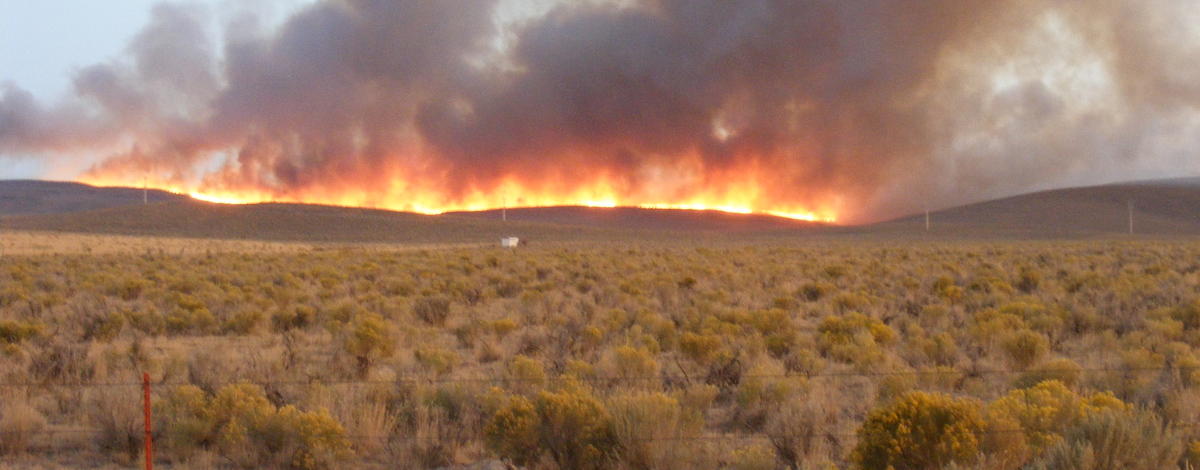Hunters planning their first trips want to pay close attention to fire closures and be prepared to alter their plans if necessary.
Large fires are common in Idaho and are often burning when archery season opens at the end of August. Fires can created large closure areas that temporarily curb hunters’ access to some areas. To see current area closures and fire boundaries go to Fish and Game’s Idaho Fire Map.
Fire conditions change as cooler, wetter arrives in late summer and fall, but it’s important that hunters know fire closures can extend far beyond the boundaries of fires that are active, or recently extinguished. Land closures can continue into October, even if weather cools and we get rain or snow, however, officials typically try to reopen areas when they are safe.
Idaho Fish and Game will try to keep hunters informed of the latest fire news on its fire information page.
Hunters should also be aware of safety restrictions on campfires, gas engines, and other potential fire sources in many areas of the state. Check with the Forest Service, BLM, or other land manager to find out if fire restrictions exist in your hunting area.
These restrictions typically limit campfires and other open flames to designated areas, such as campgrounds.
Hunters have options if their hunt area is affected by fire
Fires can affect some hunts, particularly controlled hunts, but it’s rare that access to a hunting area is completely blocked for the duration of the hunt, and fires usually are not large enough to close an entire hunting unit.
Hunters affected by a fire closure can typically adjust their schedules to hunt later in the season, or find open areas within the hunting unit.
However, hunters with controlled hunt tags may exchange them for general season tags before the controlled hunt begins, but controlled hunt fees will not be refunded.
Hunters may also exchange general tags, such as elk tags, to hunt in a different zone if tags are still available, but tags must be exchanged before the season begins, and there is a fee to exchange tags.
Fish and Game may consider requests for rain checks for controlled hunts if access to a hunting unit is completely blocked because of a wildfire. Rain checks would be valid the following year, if approved, and offered only for the same species and hunt area as the current tag.

